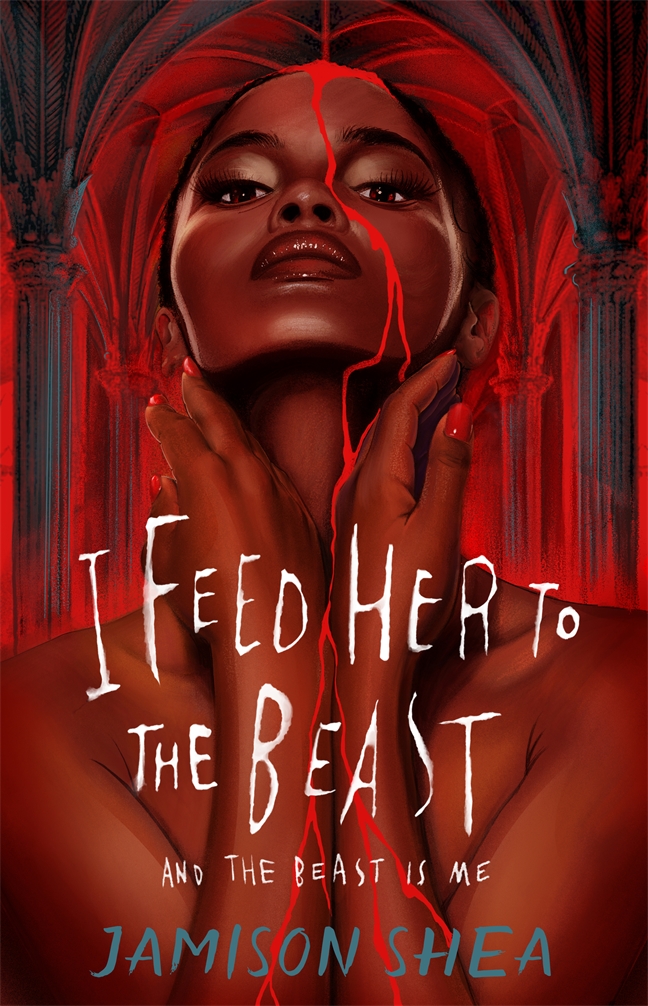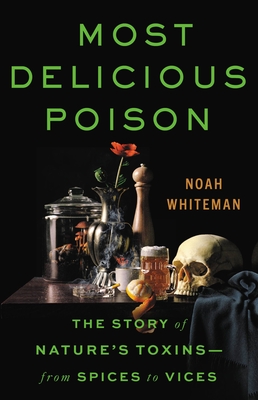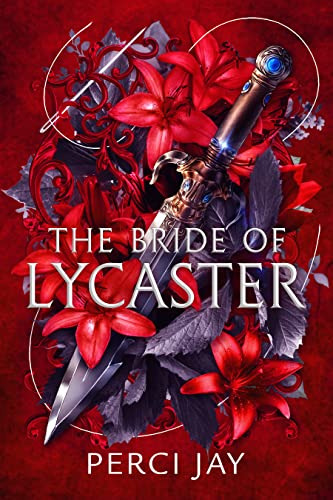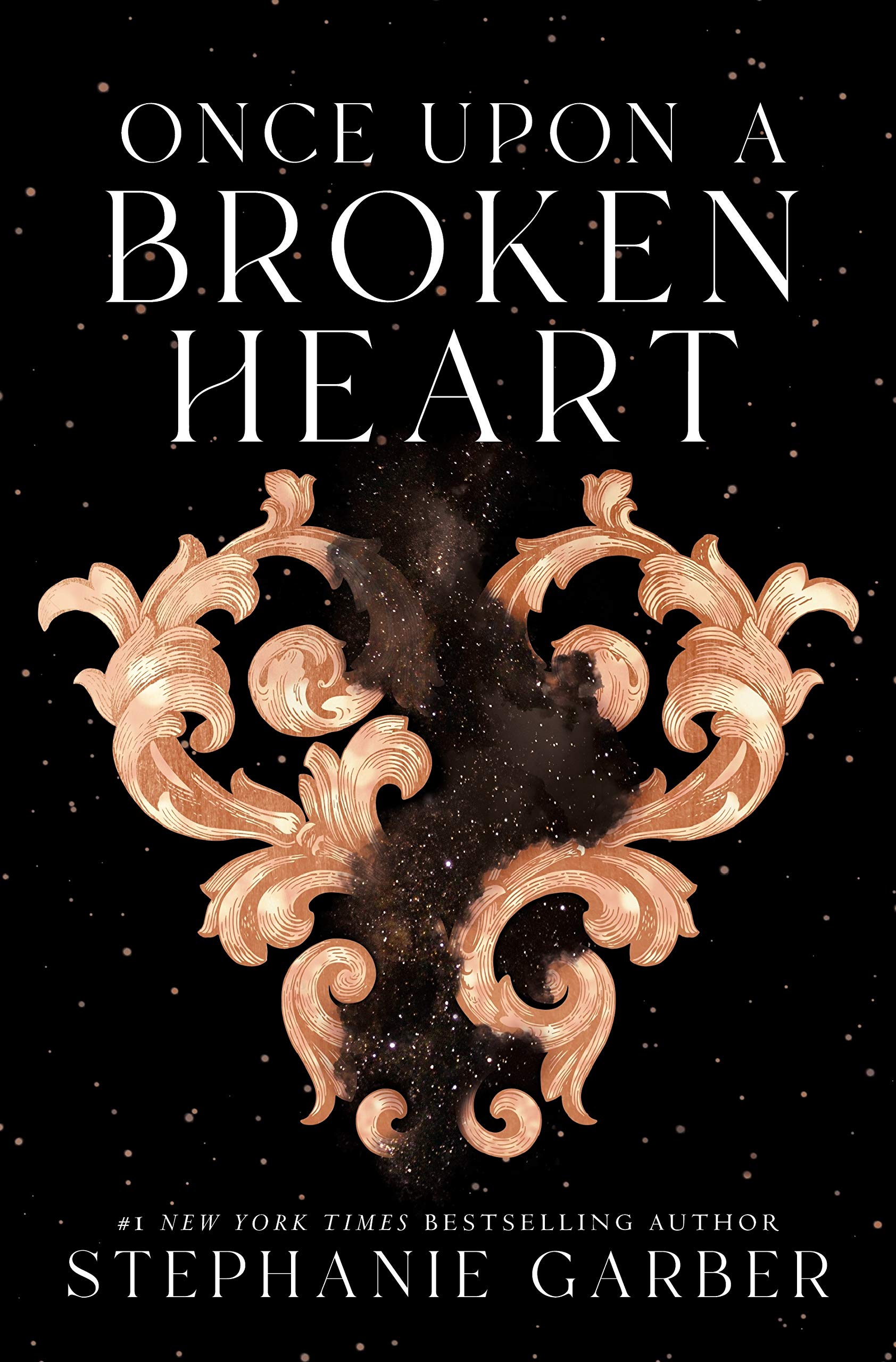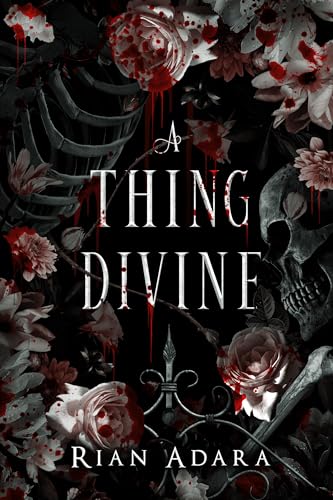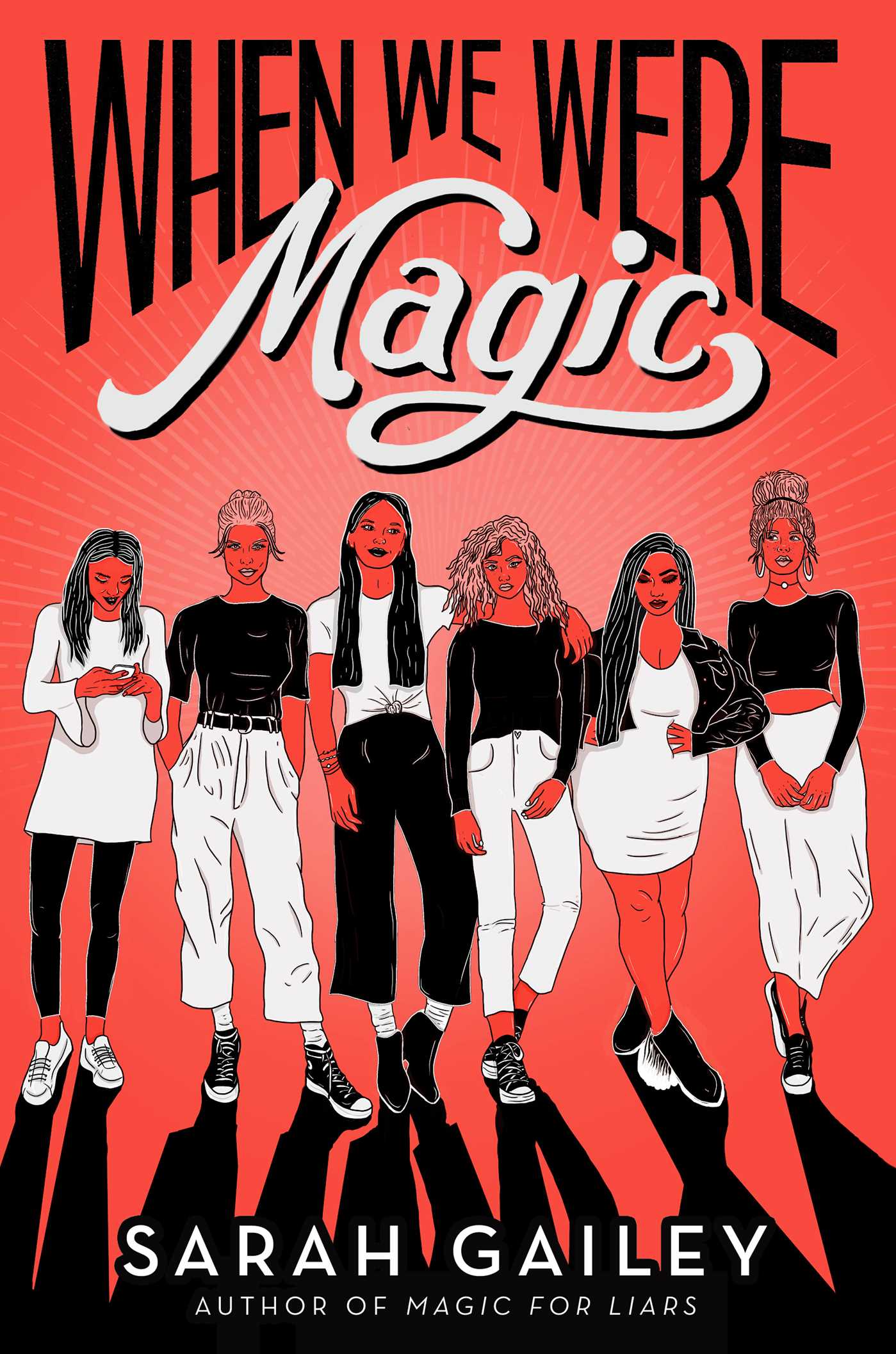Black Swan except she makes a deal with the devil to get her talent. Also, there's a hot monster-boy with antlers and the heroine is more than happy to step into the role of the villain while screaming about how everyone is going to pay with her whole chest. Do we stan? We stan.
I FEED HER TO THE BEAST AND THE BEAST IS ME has some pretty ambitious shoes to fill with a blurb that literally compares it to both HOUSE OF HOLLOW and ACE OF SPADES, two of my favorite YA books. But honestly, after reading this book to the end, I'd say that not only is that a pretty apt comp, it's a really solid book.
Laure is a down-on-her-luck ballerina oozing talent who is struggling to keep afloat in her snooty Parisian ballet school. Why? Because racism, classism, nepotism. Anyone would get pissed, but Laure has a take-no-shit personality that makes her even less tolerant to anyone giving her anything less than what she feels she deserves. So when she befriends a girl who takes her down to the catacombs and shows her a whispering river of blood, she doesn't exactly ask too many questions.
It took me a while to get used to this author's unique writing style but once I did, I was hooked. Some reviewers said that this book got a little slow in the last act and I would agree with that, which is why this is a four star review and not a five one, but the ending was AMAZING. Anyone who loves dark fantasy, gothic horror, and morally grey heroines is going to love this one. I will read literally anything else that this author writes, including the sequel. Stan, stan, stan.
4 out of 5 stars
